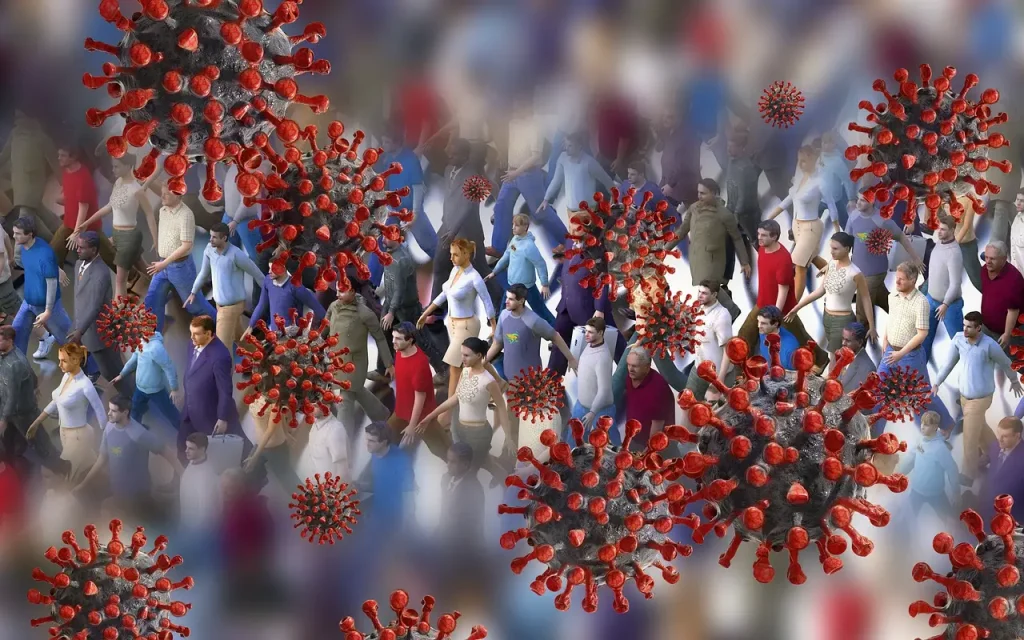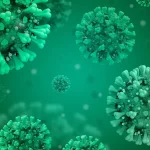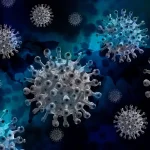Today, the National Civil Protection Headquarters held a press conference on the coronavirus situation in Croatia. In the last 24 hours, 388 new SARS-CoV-2 virus infection cases were recorded, and the number of active cases in Croatia today is 2313. Among them, 798 patients are in hospital, of which 73 are on a respirator. Eight people died.
Since February 25, 2020, when the first case of infection was recorded in Croatia, 239,254 people infected with the new coronavirus have been recorded, of which 5,407 have died. A total of 231,534 people have recovered, of which 358 in the last 24 hours.
There are currently 11,725 people in self-isolation. To date, 1,293,415 people have been tested, of which 4,986 in the last 24 hours.
Croatia has the third-lowest incidence in Europe
At the press conference, the latest data on vaccination in Croatia were presented – 93,012 people were vaccinated, and 56,963 people received two doses of the vaccine, meaning that the vaccination was completed for them.
Krunoslav Capak stated that today’s number of new cases is 388, a week ago there were 371 new cases, and two weeks ago 549 new cases.
“This is the first time in more than a month that the daily figure is slightly higher than a week ago. The current incidence is 111.4. The highest is in Split-Dalmatia and the lowest in Istria. In the EU, Croatia is in third place. Only Finland and Denmark have a lower incidence than Croatia. The Czech Republic currently has the highest,” Capak said.
New quantities of all three vaccines to arrive next week
There were 832 reports of suspected vaccine side effects: 781 on Pfizer, 33 on Moderna, and 18 on AstraZeneca.
Next week, we will get 23,400 Pfizer vaccines. Moderna will send 16,000 doses on February 25. We will get 52,658 doses from AstraZeneca. By the end of March, it will be just over 700,000 doses.
“It is difficult to predict the end of the second phase, but this group includes about one million and 200-300 thousand people, but we do not know how many want to be vaccinated. The vaccination platform will start soon, from which we will draw data, and we will know how many people want to be vaccinated in the second phase, so we will be able to say how much time we will need,” Capak said.
Health Minister Vili Beroš referred to the possibility of importing Russian vaccines. He says it all depends on the dynamics of vaccine arrival. However, if the European Medicines Agency does not approve the Russian vaccine, HALMED (Agency for Medicinal Products and Medical Devices) may intervene to introduce such a vaccine. They are considering the possibility and have approached the Russian authorities for additional documentation.
‘We expect that the situation will be much better before the summer’
Capak commented on the vaccination outcome.
“It is very difficult to estimate when we will vaccinate most of the population. We also have people who have survived COVID-19. We do not know how long the immunity lasts in those people. We do not know how long the immunity from the vaccine will last. When our immune system rises, there will not be so many sensitive people that the virus can spread quickly. We expect that the situation will be much better before the summer. If you get vaccinated with AstraZeneca, you probably won’t have to wear a mask,” Capak said.
Journalists were interested if they are at risk and whether they should be vaccinated. Capak said journalists are not in the group of people at risk, but they are priority workers such as airport workers and the like.
“There are many such occupations that will be a priority, and when the time comes, we will make them public. We have a request from the Croatian Journalists’ Association to consider the risk and to put journalists among the priorities when the second vaccination phase is completed,” said Capak.
About the British, Brazilian, and Croatian variant
Capak also spoke about the British coronavirus variant. So far, he says, we have 11 confirmed cases in Croatia.
“What is new is that the Croatian Institute of Public Health (HZJZ) introduced a screening test for new variants. Yesterday, we tested 17 samples, of which we have ten suspicions of a new variant, and we sent all samples for confirmation to the Infectious Diseases Clinic. We will have confirmation whether they are British variants or not,” said Capak.
He also talked about the Brazilian variant of coronavirus.
“The person tested for the mutation does not prove that it is a Brazilian variant, but it is one of the possible mutations and may belong to some other species. I would not call it the Brazilian variant. Maybe it will be called the Croatian variant because it has one mutation that other variants can have,” Capak explained.
Still no easing of epidemiological measures
Davor Božinović commented on the possibility of COVID passports.
“This is a sensitive matter because, in Europe, it is considered that there should be no discrimination. And we will set ourselves up practically. We talked to the Ministry. On the one hand, it is still too early. Surely the talks will intensify to see how to do everything in our power to get tourism up and running to record a more successful tourist season than last. We achieved about 50 percent of the results from the record 2019, and by that, we are ahead of all our friends from Europe and beyond. You can be convinced that we are talking about it and that we will find the right path and, through bilateral contacts do everything to make our season as successful as possible,” said Božinović.
Next week will be one year since the first case of coronavirus in Croatia. Alemka Markotić referred to the past year. She said that many patients are being monitored and that we will fight with the consequences of COVID-19 for many more years.
Božinović said that it is not yet possible to announce the easing of measures at the moment.
“For us, the decline in the infection cases lasts for more than two months, and we record a small but still growing growth today. I would not give an assessment at the moment. This may be due to cooling. We will see when it warms up how the numbers will move and what they will show in a week or two at the beginning of March,” said Božinović.
They will continue to talk and make decisions.
To read morea bout coronavirus in Croatia, follow TCN’s dedicated page.











